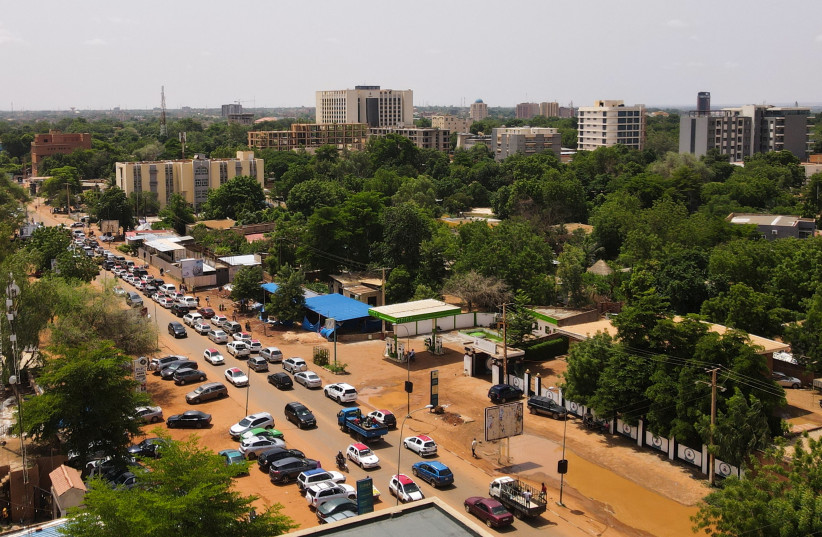The coup in Niger has seen another African head of state ejected from power in one more example of how countries across the Sahel, the area of Africa that stretches from Senegal to Somalia, are at risk of destabilization and are not progressing toward democracy or security.
According to reports at The National in the UAE, “the US and its partners are communicating with military leaders in Niger,” a State Department representative said on Friday, as Washington said a military takeover could “end US cooperation with the nation.” This is important but it may not be enough.
There have been at least seven other coups and military takeover in Africa in the last decade. Countries in the region are rightly concerned. Military leaders from the ECOWAS group have apparently been in contact with the US and others. ECOWAS has a number of member states – including Senegal, Guinea, Liberia, Benin, Ivory Coast, Niger, and Nigeria.
Niger has tried to take a leadership role in the region
It’s worth noting that it wasn’t long ago that Niger was trying to play a leadership role in the region of West Africa and the Sahel to confront threats and destabilization. Mahamadou Issoufou had been leading calls for a “global response” to problems facing Niger and neighboring countries. He has spoken to the UN and called for support.
In addition, the US had sent special forces to Niger to help confront extremist threats from terror groups linked to ISIS, al-Qaeda, and others. Those forces ran into an ambush in 2017, killing several Americans.

The slow-moving disaster that is unfolding in West Africa and the Sahel can be seen in many recent events.
First, there is the role of Russia’s Wagner Group in the region and the inability of the US, France, and others to influence countries as they have in the past. Migration is taking a huge toll, with massive human rights abuses leading to deaths.
That has become clear in recent footage posted online showing migrants who died on the border near Tunisia and also a report about 1,000 missing migrants off the coast of Senegal, some buried in unmarked graves or lost at sea.
The role of Wagner is also important. An article at Al-Ain media in the UAE noted that the group plays a role in Sudan, Libya, Mozambique, the Central African Republic, Burkina Faso, Madagascar, Niger, Cameroon, and other countries.
In short, the group is seen as an octopus across the continent. Some of this might be exaggerated, but the overall picture is of Western influence waning and many countries looking to Moscow.
Not all of this is working out for Moscow because only 17 of 43 heads of state in Africa showed up to a recent Russia-Africa summit. Nevertheless, there are concerns about Russia’s influence and also how Moscow may use food as a weapon, cutting off Ukrainian grain to offer grain from Russia to African states.
It’s possible the coup in Niger will be seen as one coup too many, and bring focus back to the Sahel. However, it’s also plausible that there’s not much the EU, US, UN, or others can do, and that at the end of the day, Mali, Burkina Faso, Niger, and other states bordering the Sahel will do what they want.
The failure to end the fighting in Sudan, for instance, has shown that many countries with an interest in the region are unable to actually do much when it comes to reversing the tide of coups, civil conflicts, and instability.
